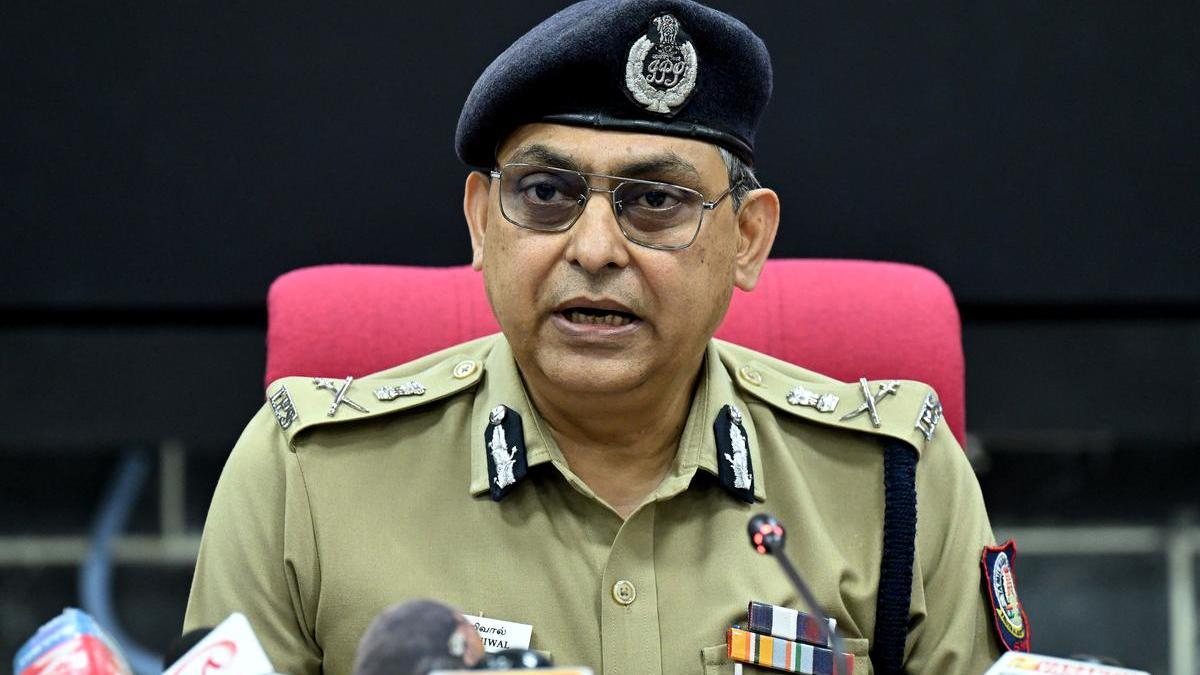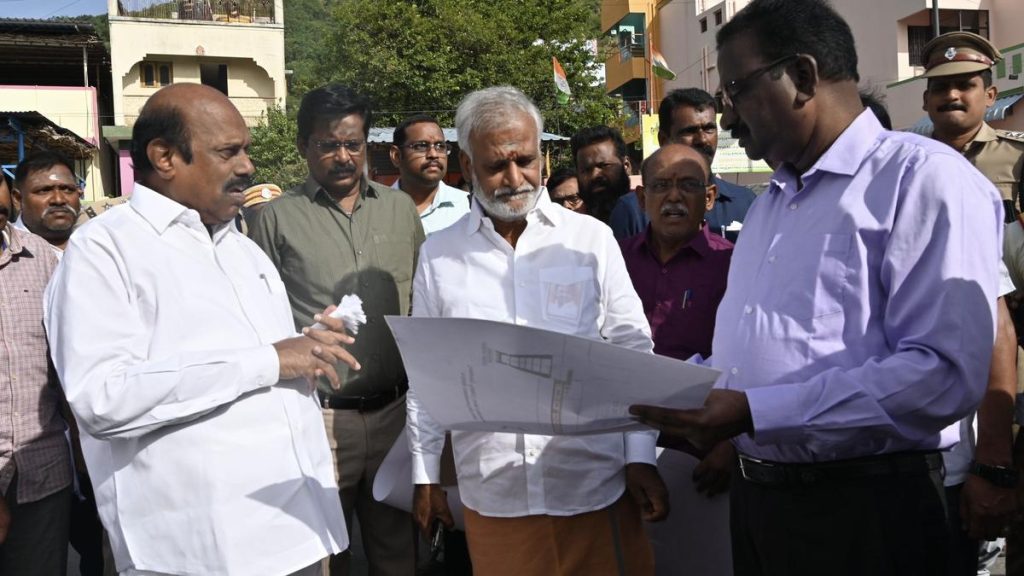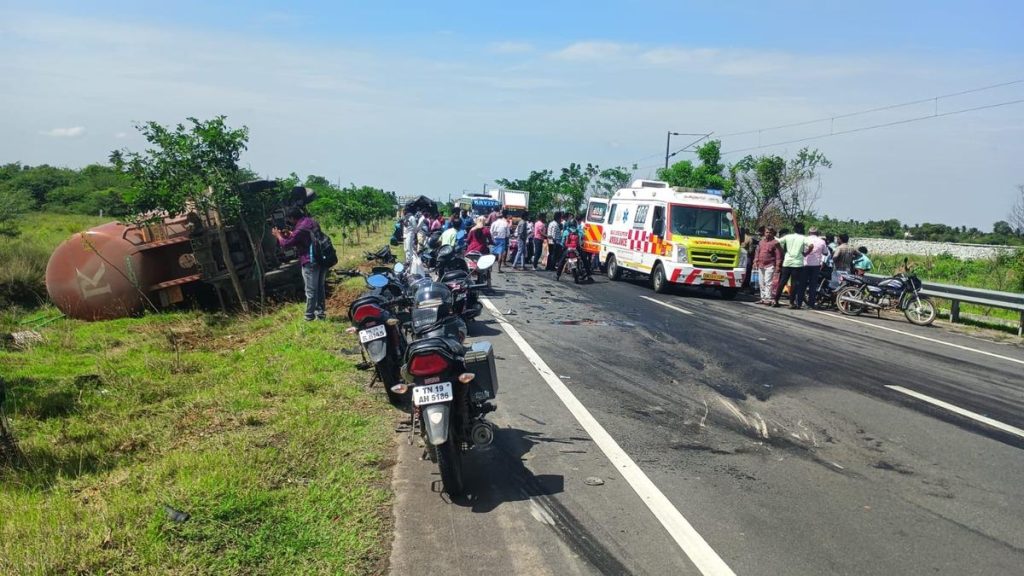Now Reading: TN Delays Proposal for New Police Chief Appointment
-
01
TN Delays Proposal for New Police Chief Appointment
TN Delays Proposal for New Police Chief Appointment

Speedy Summary
- The Tamil Nadu government has not yet sent a list of IPS officers eligible for the Director-General of Police (DGP)/Head of Police force position to the union Public Service Commission (UPSC),as required by Supreme Court guidelines.
- According to these rules, a list must be sent three months prior to the incumbent DGP’s retirement. Current DGP Shankar Jiwal is set to retire on August 30, 2025.
- UPSC prepares a panel of three officers from the submitted list, enabling State Governments to choose one for appointment. Tamil Nadu traditionally follows this practice per apex court directives in the prakash Singh case.
- With less than a month remaining for Mr. Jiwal’s retirement, there has been no action by Tamil nadu towards compliance; discussions around amending laws or extending Mr. Jiwal’s tenure are ongoing.
- Supreme Court guidelines mandate merit-based selection and two-year tenures for DGPs but caution against appointing “acting” or near-retirement candidates as permanent heads-a rule some states have circumvented previously.
- Eight senior IPS officers currently qualify as per eligibility criteria detailed in pay matrix and service duration requirements. Officers Pramod Kumar and Abhay Kumar Singh do not meet criteria due to insufficient time before retirement.
Indian Opinion Analysis
Tamil Nadu’s delayed adherence raises concerns about undermining established processes meant to ensure transparency and meritocracy in appointing top police officials. If amendments are made allowing discretionary appointments or tenure extensions without consultation with UPSC, it may set precedents conflicting with judicial mandates aimed at curbing arbitrariness across States.
the broader implication hinges on balancing institutional protocols against political preferences-a point often observed when states bypass similar Supreme Court rulings regarding governance appointments. Whether this delay indicates systemic inefficiency or intentional deviation merits further scrutiny-compliance with court guidelines bolsters credibility around law enforcement hierarchies pivotal amid increasing public accountability demands.
Read more: The Hindu
























